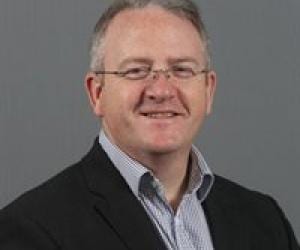Problem gambling effects felt across society – report

A new Gambling Commission-backed report has claimed that “significant progress” has been made in understanding the causes of problem gambling and its wider economic and societal impact across Britain.
‘Measuring gambling-related harms: A framework for action’ was compiled by Dr Heather Wardle on behalf of the Responsible Gambling Strategy Board (RGSB), which provides independent advice to the Gambling Commission.
The report, which was the result of collaboration between the Gambling Commission, GambleAware and RGSB, calls for views on how the social cost of gambling-related harms can be measured and better understood.
The report identifies a number of key criteria that are to be considered in assessing the impact of problem gambling. These range from job losses to bankruptcy, crimes committed to marriage breakdowns and suicide attempts.
The report says: “A challenge is how to value those with less tangible outcomes, but which are nonetheless, deeply impactful, such as loss of life opportunities and loss of family or community support and cohesion.”
In welcoming input from others as it seeks to collate relevant data, Gambling Commission chief executive Neil McArthur (pictured) said the report is not a “definitive position” and “very much a work in progress”.
McArthur, who was confirmed as the new permanent CEO in April, added: “We encourage public health officials, academics, the industry and the public to feed back on the report and work with us to set a framework that can help prevent harm to consumers.”
The report also seeks to set a framework for action that considers how the impact of harms can be felt by individuals, families and communities, and identify the most effective way to estimate the social cost of gambling-related harms.
Wardle added: “This report is a dramatic step forward in our understanding of gambling. It represents a sea change in thinking about gambling as it recognises that gambling isn't something that affects just a few individuals but extends far beyond them to affect their families, communities and society.”
